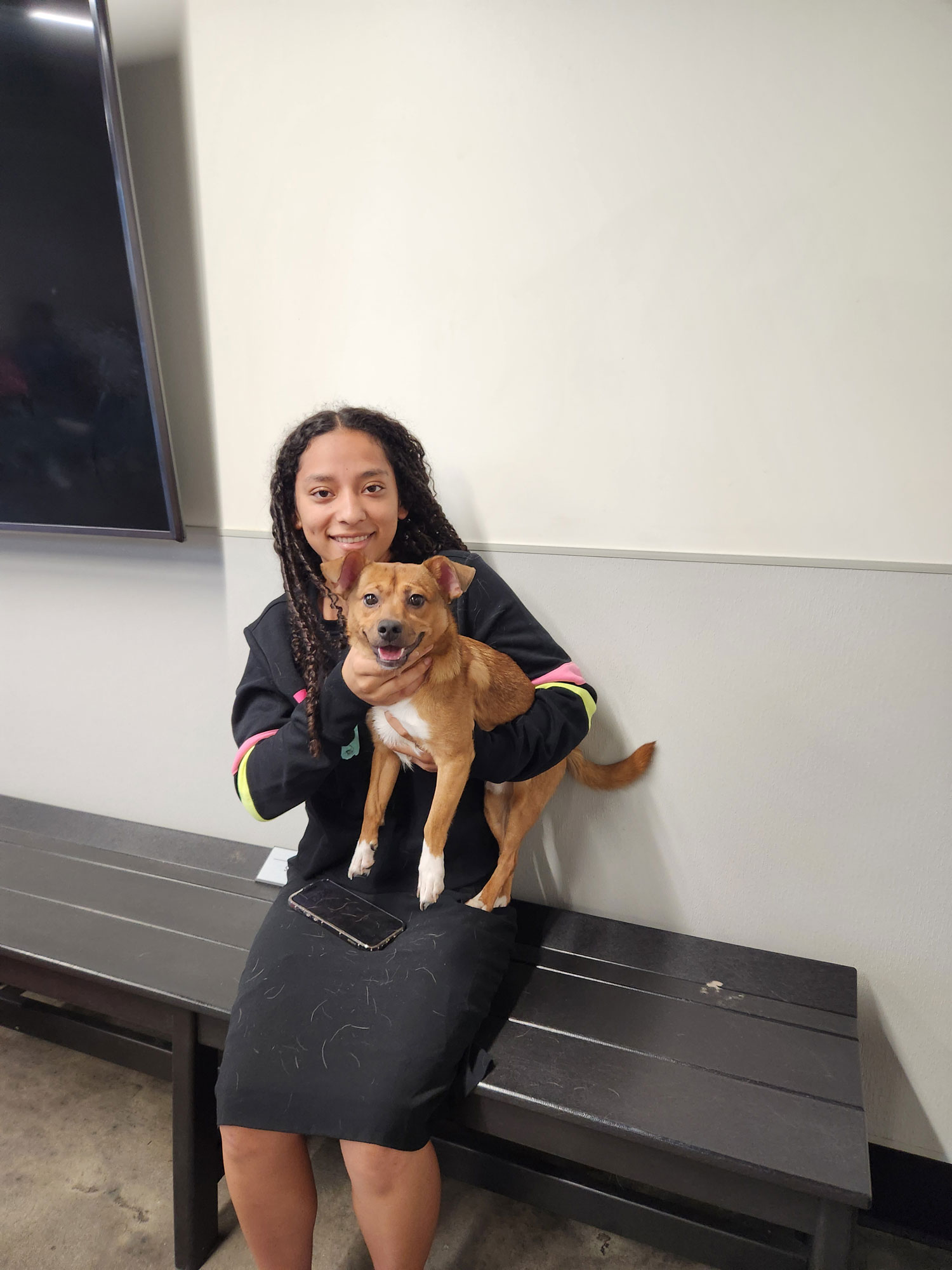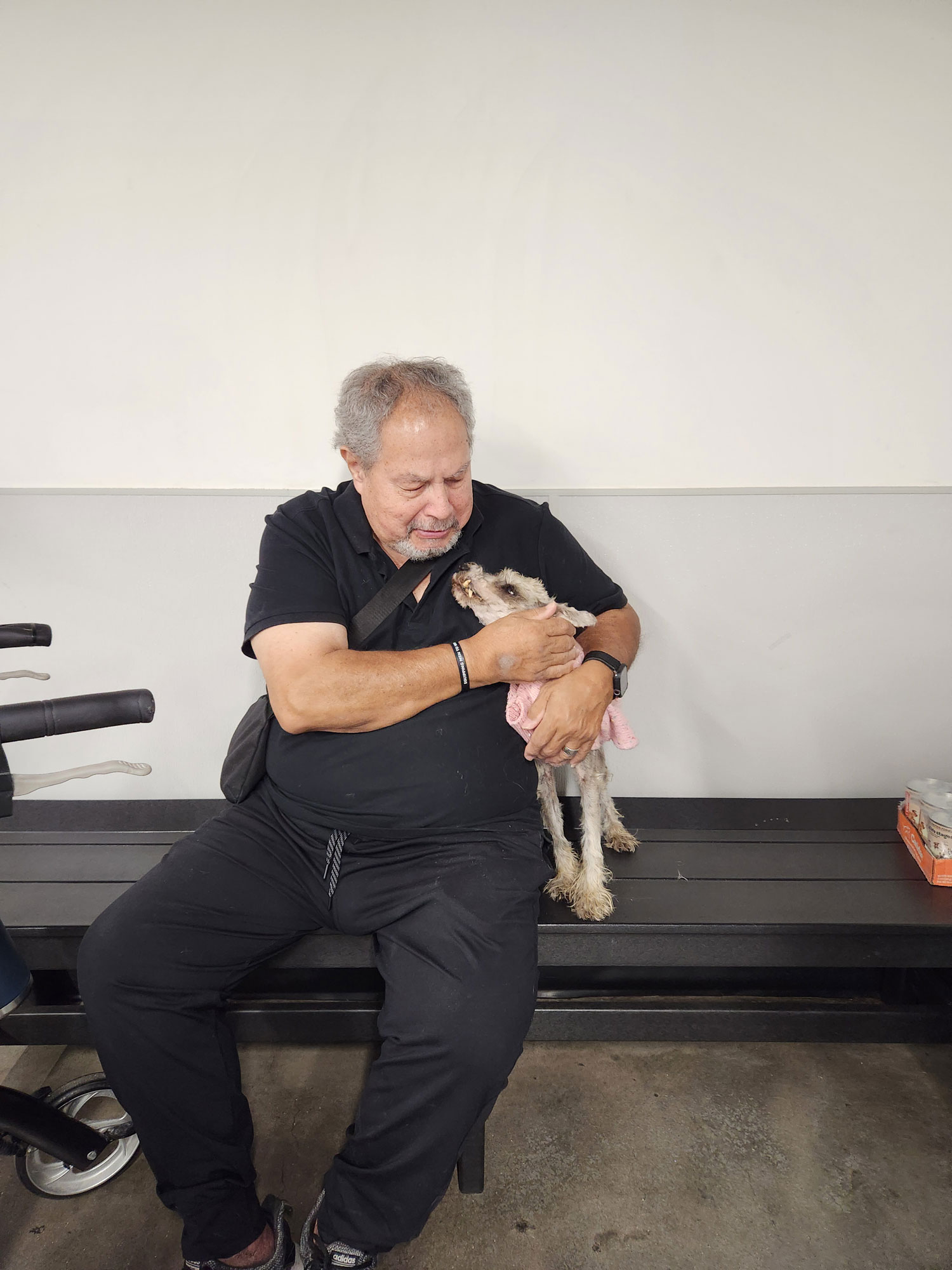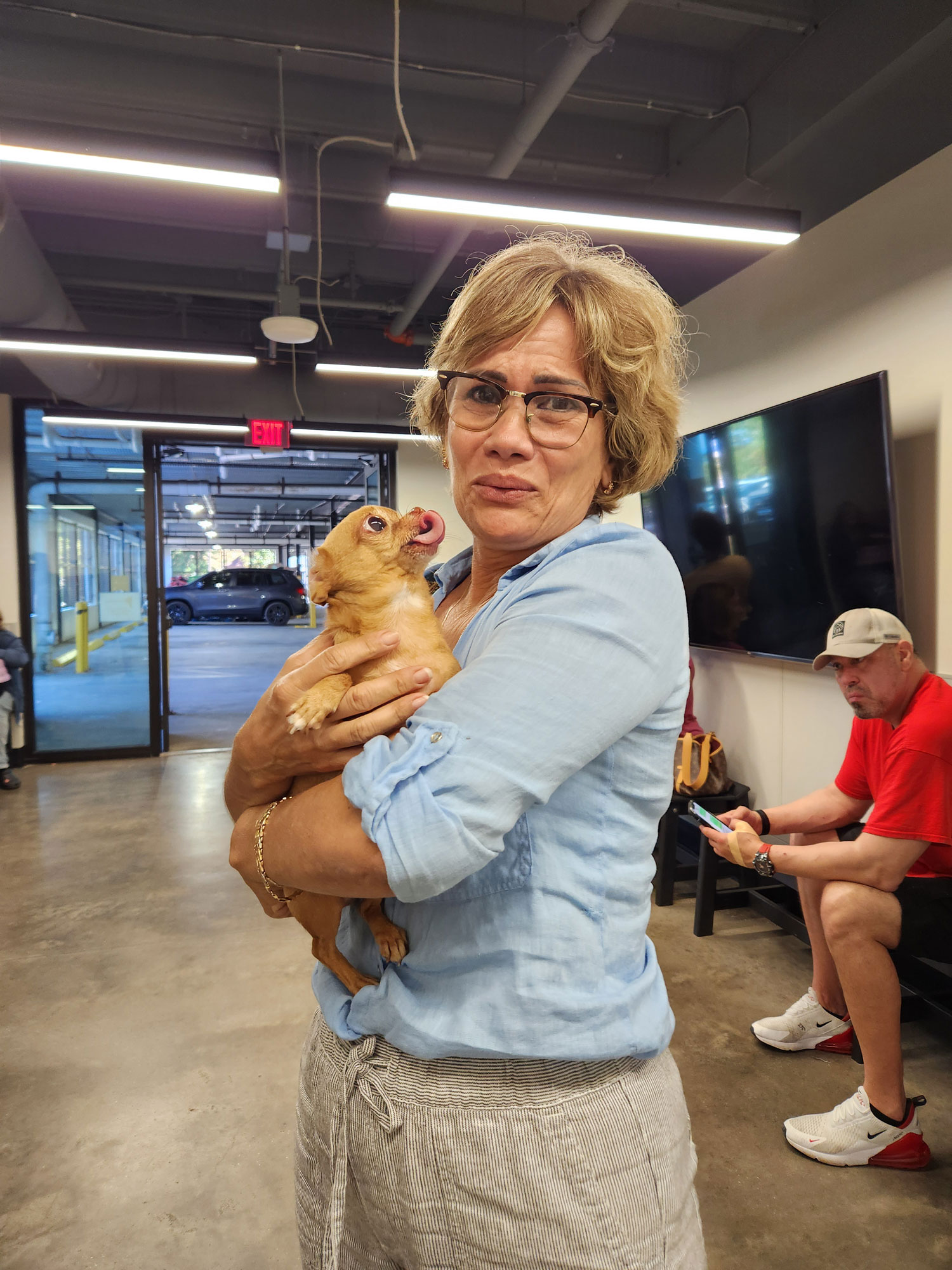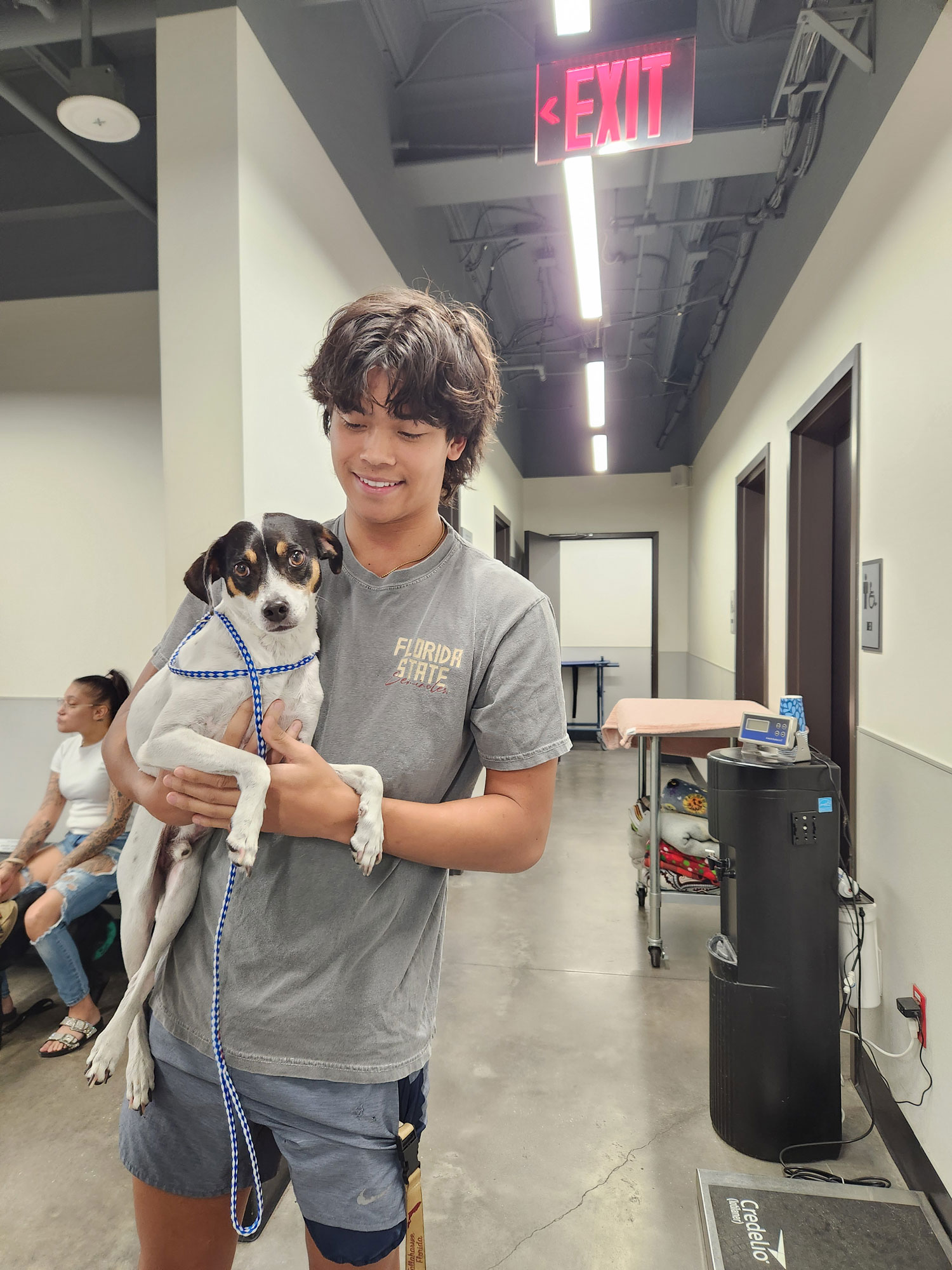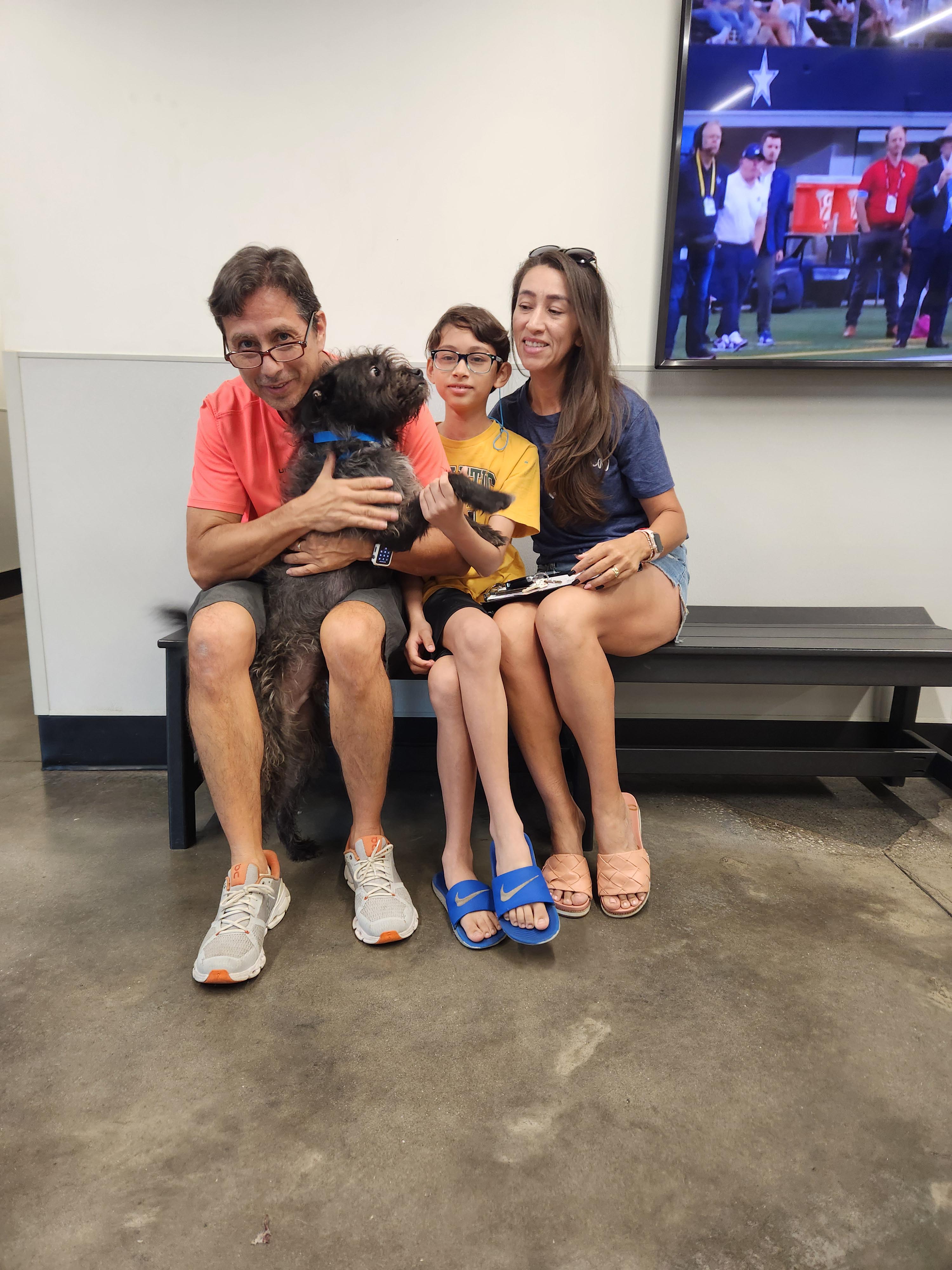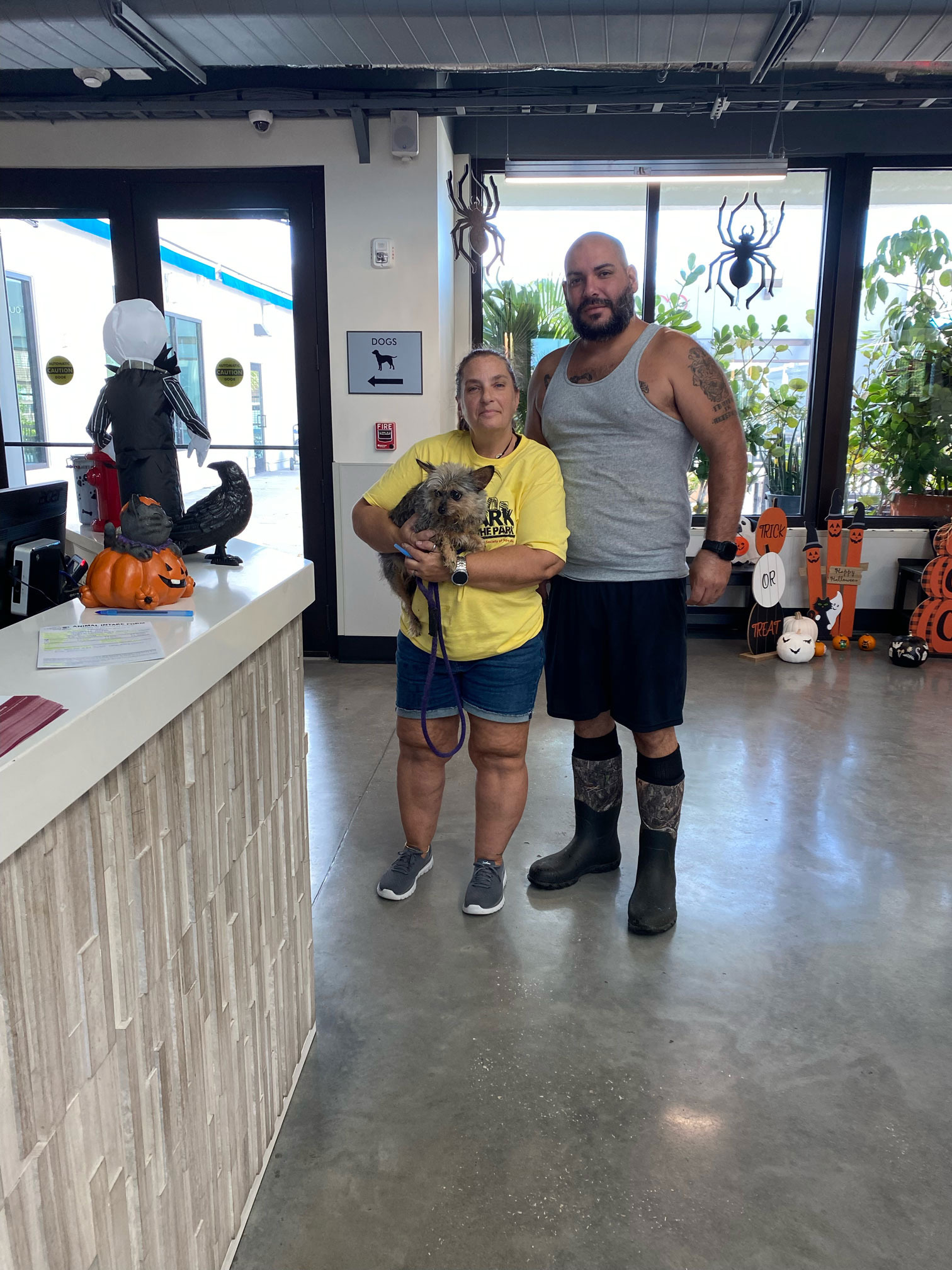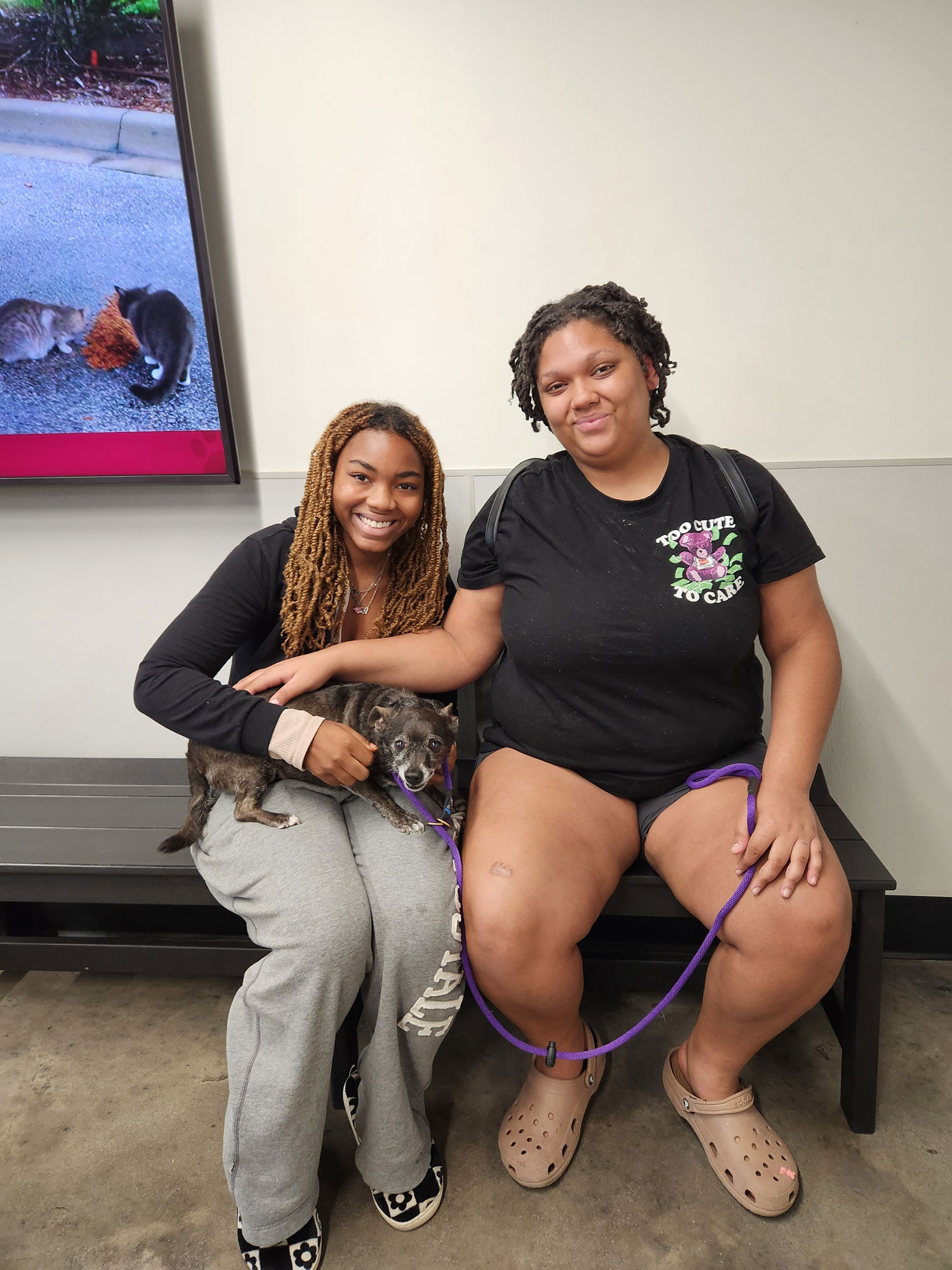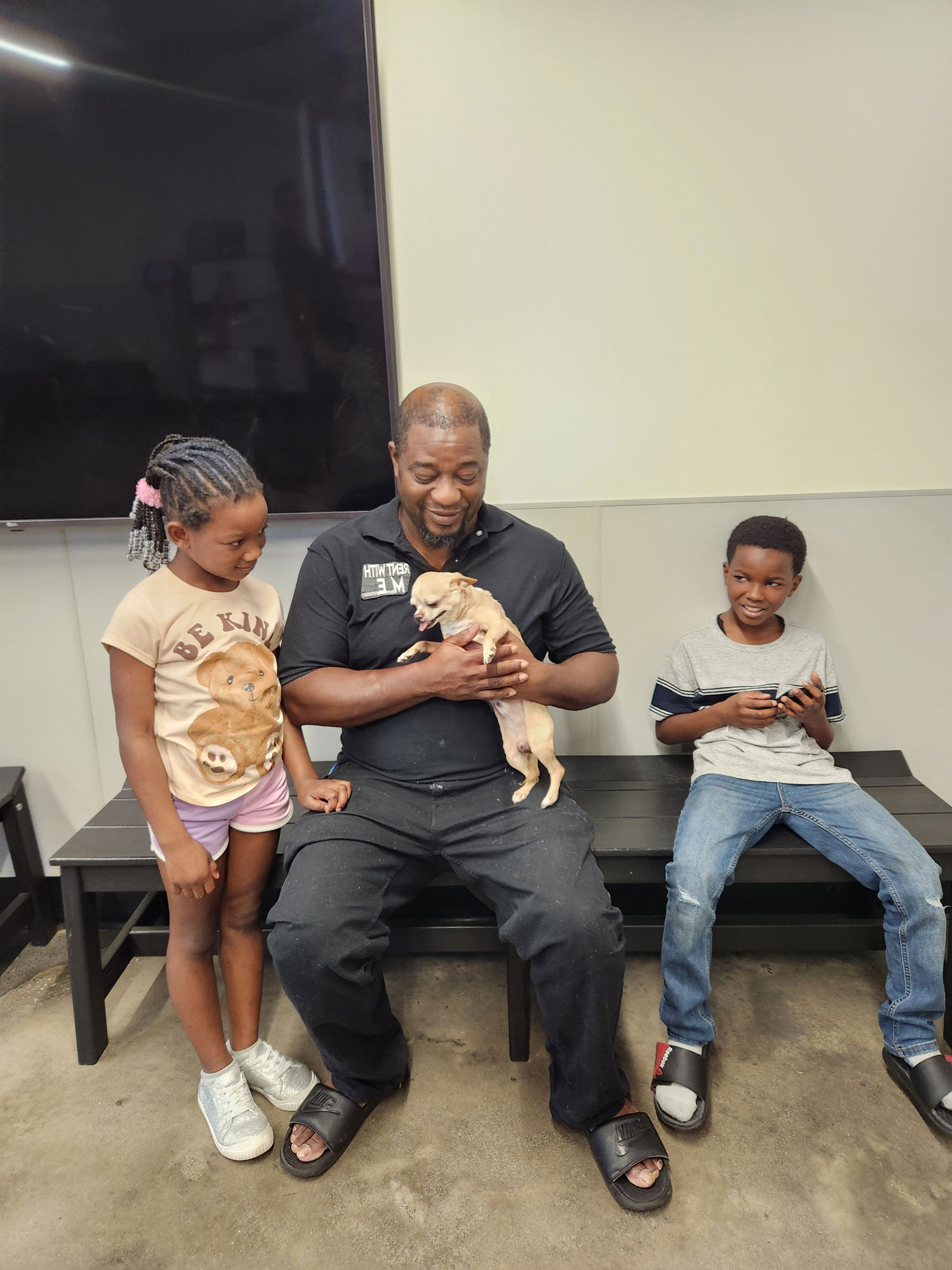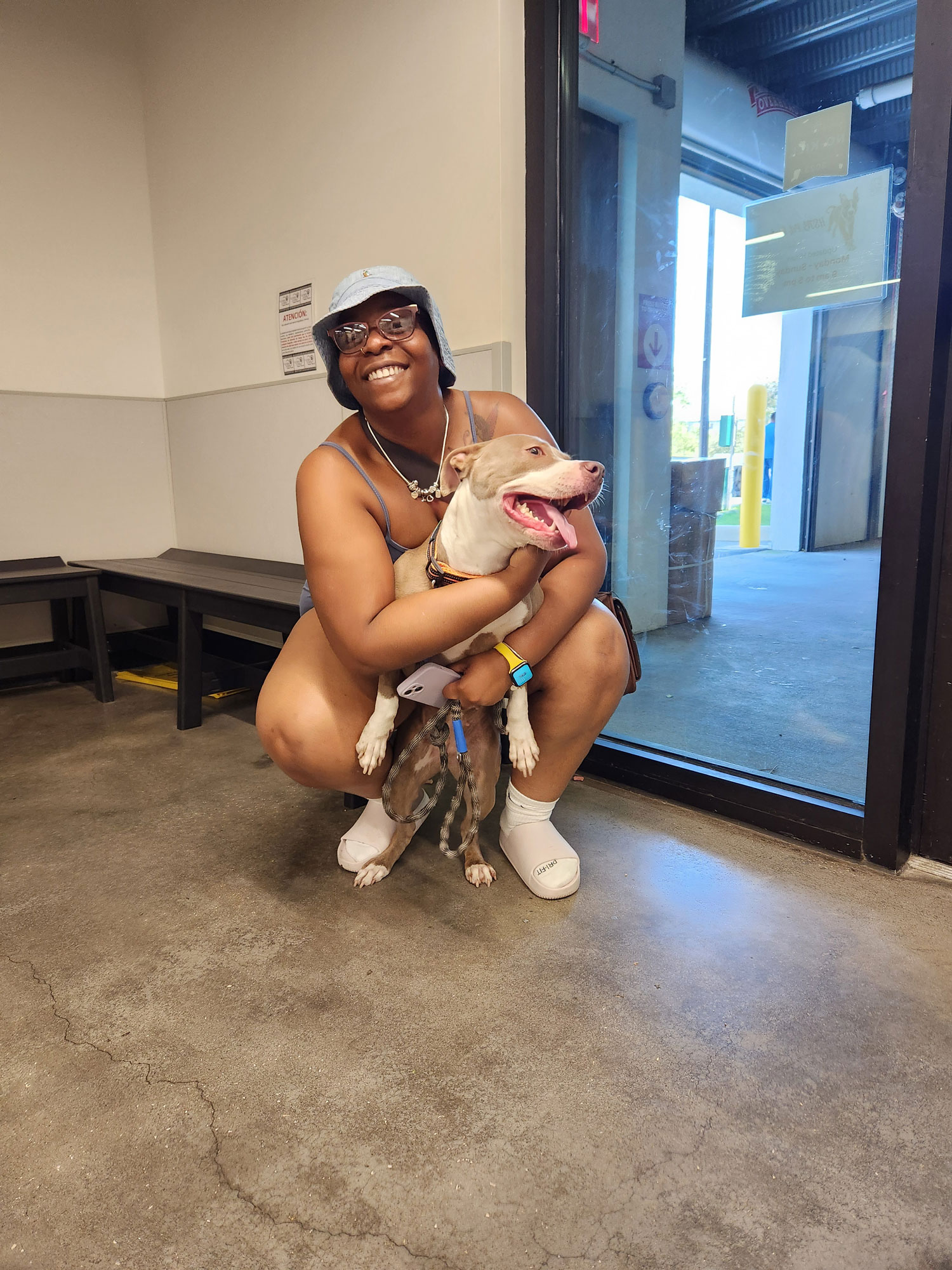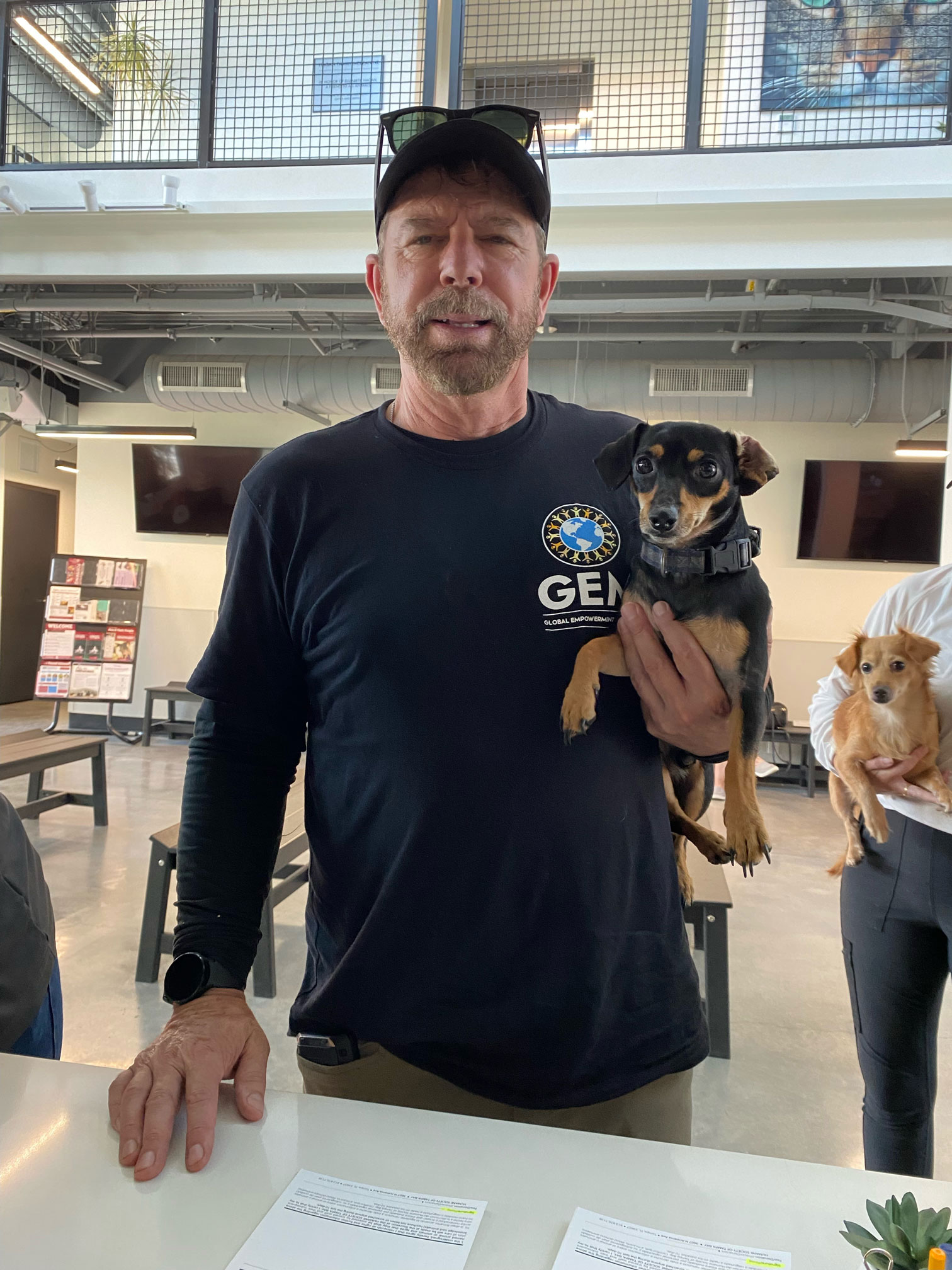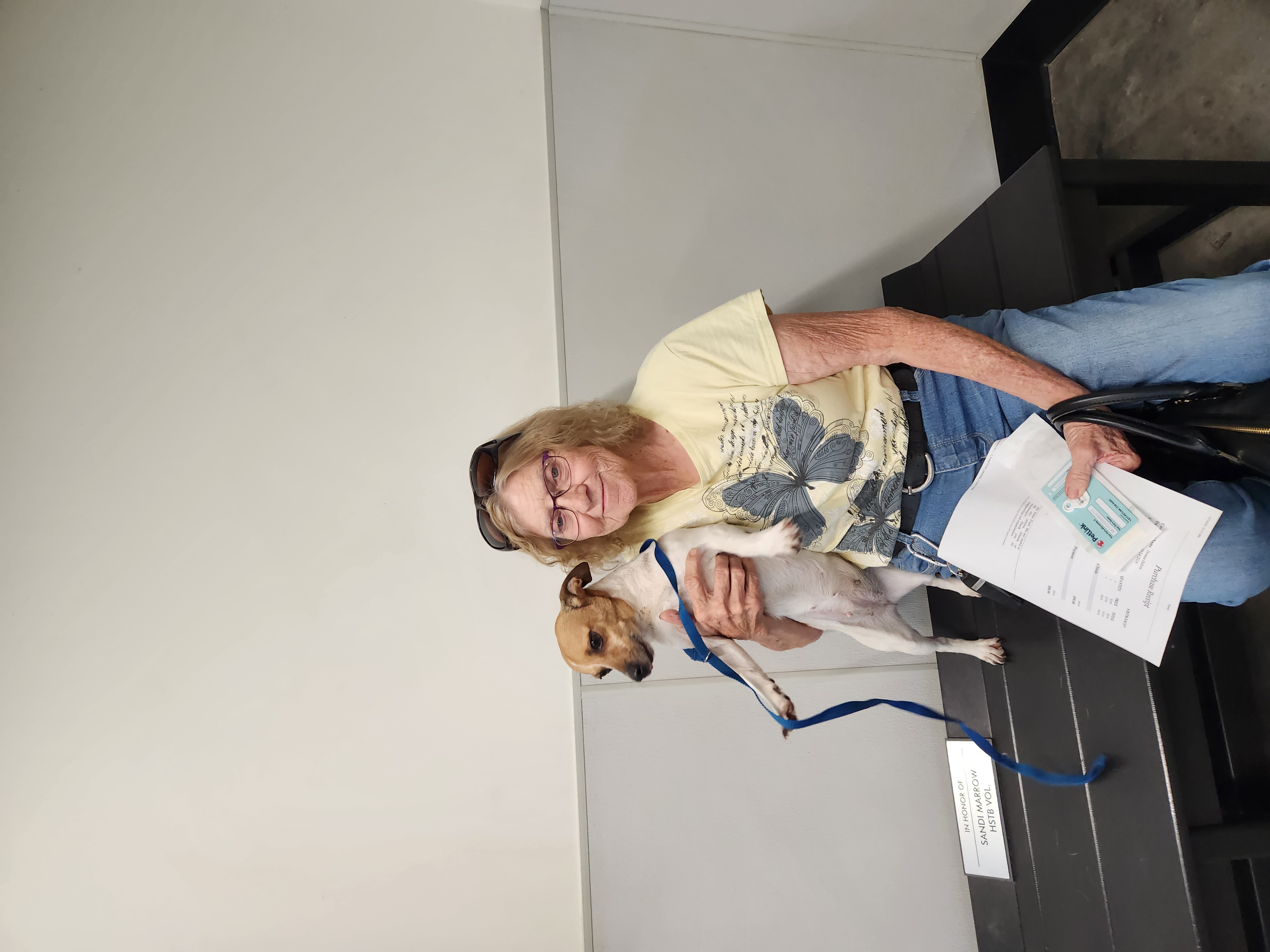
Cats are more than just pets; they are dynamic, intelligent beings with instincts deeply rooted in the wild. As loving cat owners, we provide safety and comfort, but without meaningful engagement, our feline friends can miss out on the joy of fully expressing their natural behaviors. Enrichment isn’t a luxury—it’s a critical aspect of keeping your cat healthy and happy.
Whether it’s through play, sensory stimulation, or unique environments like a catio, adding enrichment to your cat’s life creates balance, reduces stress, and strengthens the bond between you and your furry companion. Let’s dive into why enrichment matters and how you can integrate it seamlessly into your routine.
When the Fun Stops: How Boredom Affects Cats’ Health
At first glance, your cat lounging in a sunbeam may seem perfectly content, but a lack of stimulation often leads to unseen problems. Cats are natural hunters, problem solvers, and explorers, and when these instincts go unfulfilled, the effects can be both behavioral and physical.
Behavioral Signs of Boredom
A bored cat may resort to destructive activities like scratching furniture, chewing wires, or excessive vocalization. They could also develop compulsive habits such as overgrooming or pacing, which indicate stress and frustration.

Health Impacts of Inactivity
Beyond behaviors, inactivity can lead to serious health issues. Obesity is a major concern, increasing the risk of diabetes, heart disease, and joint problems. Cats can also suffer from stress-related illnesses, including urinary tract infections and digestive issues. Chronic stress weakens their immune system, leaving them vulnerable to a host of conditions.
Addressing boredom through enrichment isn’t just about preventing these issues; it’s about creating a life full of joy and vitality for your cat.
Purr-fect Ideas: 6 Ways to Keep Your Cat Engaged
Creating an enriching environment for your cat doesn’t have to be complicated or expensive. Here are six practical ideas to keep your cat entertained, engaged, and happy:
- Interactive Play Sessions
Dedicate time daily to play with your cat using toys that mimic prey, such as feather wands, or toy mice. These sessions replicate hunting behaviors like stalking and pouncing, giving your cat an outlet for their instincts. To maximize effectiveness, aim for two 15-minute sessions per day, and always let your cat “catch” the toy to end on a satisfying note.
- Rotate and Refresh Toys
Cats are quick learners, and their toys can lose novelty fast. By rotating their toys every few days, you keep their environment fresh and exciting. Incorporate toys with different textures, sounds, and movements to challenge their curiosity.
- Vertical Spaces to Explore
Cats love to climb and perch. Installing cat trees, wall-mounted shelves, or tall furniture gives them opportunities to explore and observe. These spaces are especially valuable in multi-cat households, offering a sense of security and reducing territorial tension.

- Engage Their Hunting Instincts
Puzzle feeders and treat-dispensing toys combine food with mental stimulation. These activities encourage your cat to “hunt” for their meals, which satisfies their instincts while controlling portion sizes—great for cats prone to overeating.
- Stimulate Their Senses
Introduce sensory experiences like fresh catnip, silver vine, or cat-friendly herbs. You can also play videos of birds or fish or set up a small speaker to play nature sounds. These experiences keep their senses sharp and their minds engaged.
- Create Cozy Hideaways
Cats enjoy having spaces where they can retreat and feel safe. Use cardboard boxes, tunnels, or enclosed beds to create nooks they can claim as their own. Hide-and-seek games with treats or toys add an extra layer of fun.
The Catio Solution: Bringing the Outdoors In—Safely
What Is a Catio?
A catio is an outdoor enclosure designed to give cats a safe space to experience the outdoors. Ranging from small window boxes to large backyard structures, catios let cats enjoy fresh air, sunshine, and the sights and sounds of nature without the dangers of free-roaming.

Why Catios Are a Game-Changer for Enrichment
- Physical Fitness:
Catios encourage activity through climbing, jumping, and exploring, promoting better muscle tone and joint health.
- Mental Stimulation:
Watching birds, squirrels, and other wildlife satisfies a cat’s hunting instincts and keeps their minds active.
- Stress Relief:
Exposure to fresh air and outdoor full spectrum sunlight helps regulate a cat’s circadian rhythms, improving sleep quality and reducing anxiety.
- Safety First:
Catios protect your cat from traffic, predators, and other outdoor dangers while still offering them an enriched experience.
Building a Catio
Catios come in many shapes and sizes, from DIY kits to professionally designed structures. Whether you choose a simple balcony setup or a sprawling backyard paradise, a catio is a customizable option to suit your home and budget.
Final Thoughts: Enrichment Is Essential
Enrichment transforms your cat’s life from mundane to magnificent. Whether it’s interactive play, sensory experiences, or the freedom of a secure outdoor catio, these activities honor your cat’s instincts while keeping them safe and healthy.
Investing in your cat’s happiness is an investment in their long-term well-being—and your bond. When you create an environment that stimulates their mind, challenges their body, and soothes their soul, you’re giving them the best life possible. After all, a happy cat makes for a happy home.








